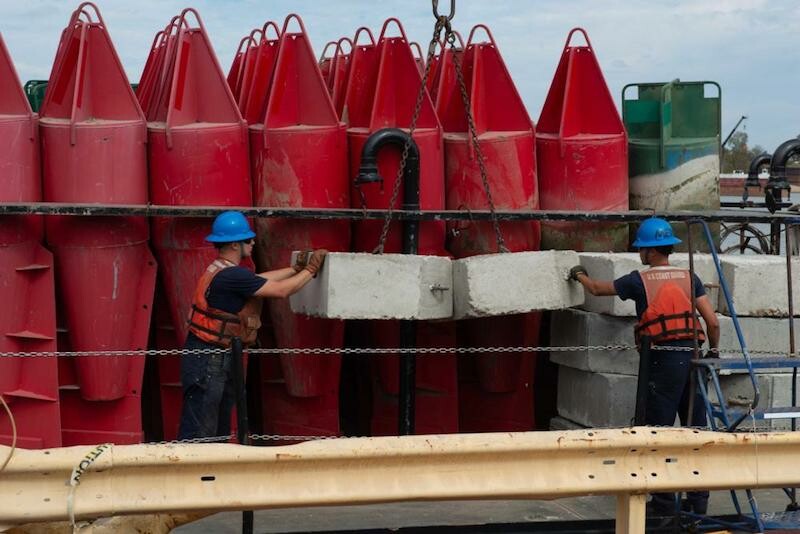There’s low water on the Mississippi River. What will barge companies do? What they always do — they deal with it.
It seems like the only years there isn’t a low-water problem on the Mississippi River are years when there is a high-water problem on the river. If neither of those exist, then there’s total mechanical collapse of the gates at a lock and dam or two.
This is not to say that conditions aren’t bad. They are. The low water level at Memphis, Tenn., in mid-October set a new record at 10.77'. The water level in Greenville, Miss., was a dismal 7.74'.
“The ‘normal’ river stage at Greenville for this time of year is 17.70'. To make matters worse, the National Weather Service (NWS) sees no relief in the immediate future and is forecasting continued declines in river levels,” according to River Transport News.
In late October, there were blockages attributed to drought along the Lower Mississippi at Memphis; Little Rock, Ark.; Lake Providence, Miss.; Baton Rouge, La.; Tunica, Miss.; Greenville; Vicksburg, Miss.; and New Orleans, according to the Agriculture Transportation Coalition (ATC).
“The delivery costs are skyrocketing because you can’t get the product down the river,” said ATC’s executive director Peter Friedman.
Earlier in October the Lower Mississippi River was closed for days near Lake Providence to clear the grounded barges.
How bad is it? According to the U.S. Department of Agriculture, to ship a ton of grain southbound on Oct. 13, 2020, it cost $21.43. That same ton of grain cost $21.91 on Oct. 12, 2021, and $105.85 on Oct. 11, 2022.
As always, one solution is to light-load the barges, so the drafts decrease and it takes less water to move the steel boxes. But that means more barges to move the same amount of grain, which drives up transportation costs.
The Army Corps of Engineers has been scrambling to dredge areas that are most affected by the drought, but the agency is constantly playing catch-up.
“Even though the major river blockages have been resolved, at least for now, barge groundings and periodic closings continue to plague the industry on the Mississippi and lower Ohio Rivers,” according to RTN.





